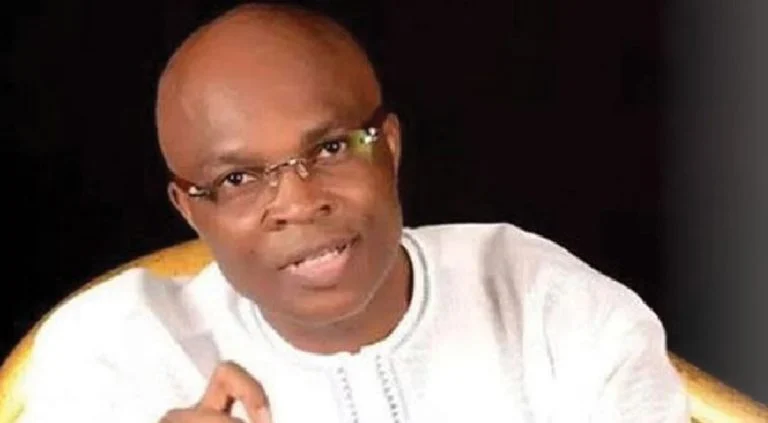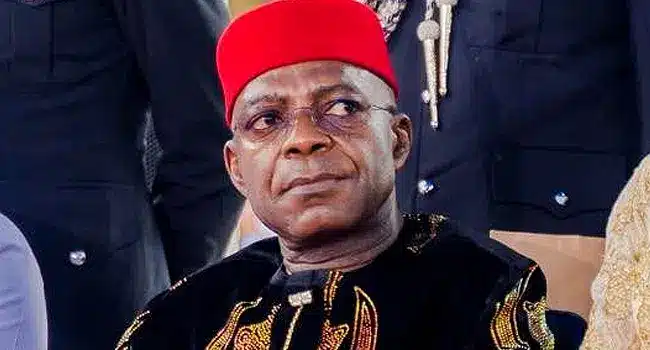Retired Colonel Reveals How Abacha’s Power Grab Was Foiled
Babatunde Bello-Fadile, a retired Nigerian Army colonel, has shared a surprising revelation about the circumstances surrounding General Sani Abacha’s takeover of power from Ernest Shonekan. According to Bello-Fadile, he was initially posted as Shonekan’s aide-de-camp (ADC) but was not allowed to resume his duties.
Speaking on a recent TV program, Bello-Fadile stated that if he had been allowed to resume as ADC, Abacha’s coup might not have succeeded. He explained that he was waiting for Shonekan’s return from a Commonwealth Head of State meeting in Malta when Abacha made his move.
Abacha’s coup occurred on November 18, 1993, just three months into Shonekan’s administration. Bello-Fadile recalled that the military had agreed to hand over power to a democratically elected government, but Abacha had other plans.
Bello-Fadile was a member of the Kayode Esho panel that reviewed the judiciary, and he expressed his dismay at Abacha’s actions, saying that he had been forced to retire his friends and colleagues. He also recalled that Abacha set up panels to review various aspects of government, but ultimately used the process to consolidate his power.
Bello-Fadile emphasized that he and other military officers were not interested in overthrowing the government, but rather in facilitating a peaceful transfer of power. He expressed his disappointment that Abacha’s actions led to international condemnation and instability in Nigeria.
In conclusion, Bello-Fadile’s account provides a unique perspective on the events surrounding Abacha’s power grab, highlighting the role that personal circumstances played in the coup’s success. His revelations offer a fascinating glimpse into the complexities of Nigerian politics during the 1990s.



